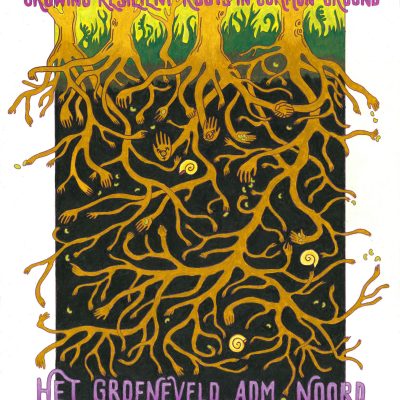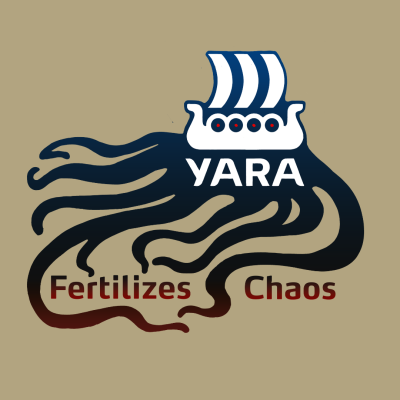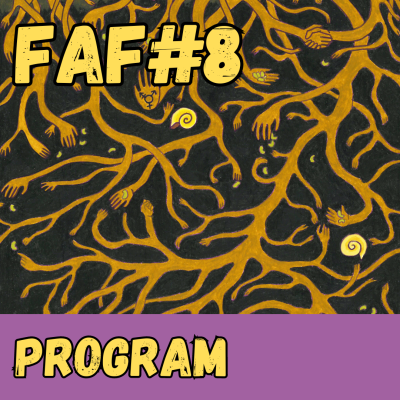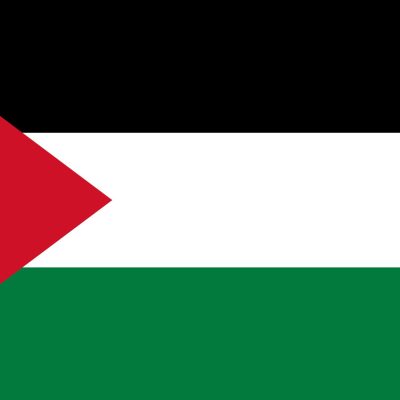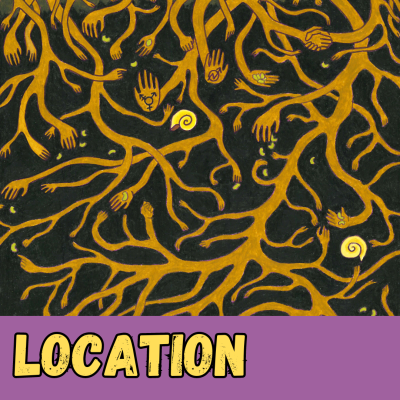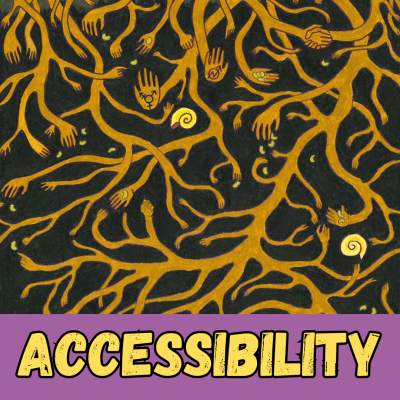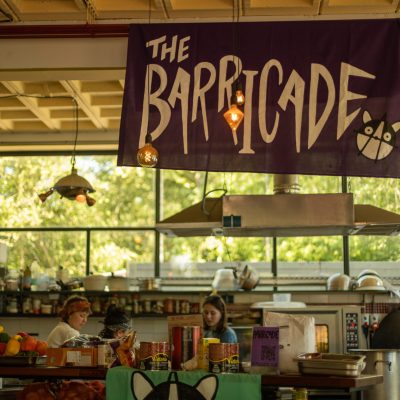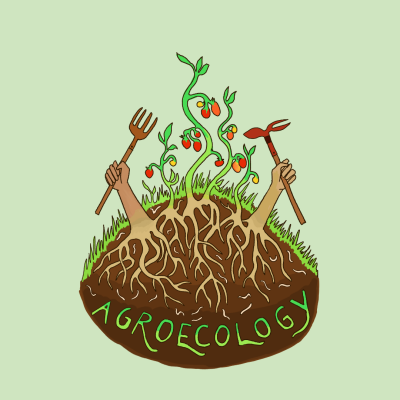This is a continuation of our farmers portrait series which was started late spring 2020 during the first COVID-19 wave. While the situation has evolved since then many people working on the land are still heavily impact by the pandemic and the way it has been managed. These interviews have not been conducted with what we can ”traditionally define” as “farmers”, but with people committed to an agricultural and community project, who make natural farming and food self-sufficiency as cornerstone of their projects. This interview was conducted early summer 2020.
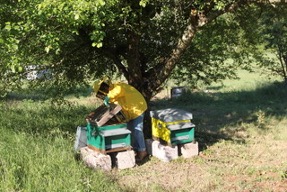
Tell me something about you.
I am originally from Rome, after compulsory studies I started travelling, starting from Australia, always trying to visit rural and agricultural realities, for six years I have lived in different parts of the world. I have a Bachelor in agronomy and a Master in agroecology. Thanks to my studies, I realized the importance of going back to my territory of origin, of which I know really well the climatic and social characteristics and to start applying all the knowledge I acqiured about agroecological practices.
Image shows Eleonora working with the two new families of bees she has been introducing
Where and what do you farm?
So, before covid, at PER, the center where I currently work, they decided to focus on tourism and the renewable energy sector, but now, with covid, they understand the importance of having these hectares of land and they decided to bring the focus back to the agricultural sector. So, this is where we met each other. They were looking for people to redesign the area and take over the management, they have never used chemical and pesticides. We are starting now with the production of vegetables: we have half hectare plot of vegetables produced with manual gardening and a bit of regenerative agricultural practices. Then there is half hectare divided in slope where there is a didactic garden, produced with permacultural practices. Then there is 1 hectare of locally indigenous forest, the buffer zone, where they used to have animal inside, but they don’t have animals anymore and 2 hectares for grains and legumes, it is a slow food base for a typical indigenous specie of fava bean. The only crop they continued to produce. The other extensive grain is wheat, a local traditionally variety of here. Then, there is another hectare where there are some fruit trees planted and the original plan was to do a food forest: there are already convergence lines, the soil is already well prepared with a water retention system, there are some indigenous bushes.
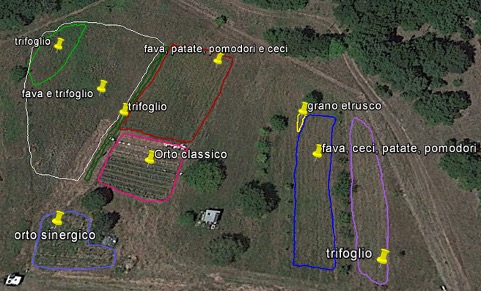
In what ways do you experience the Coronavirus measures affecting your work and life as an agriculturalist?
In Italy most of the people working in the agricultural sector work illegally, so without a job contract. On the one hand, this virus has brought us some luck because we actually managed to get a contract in the agricultural sector as farmers. Without the virus, they would have never thought about starting with land again, because the economy was going well enough with tourism and the renewable energy sector. So, we would probably would have not come back to Italy.
On the other hand, it has been hard to get to know the territory. Usually, when I arrive in a place I go and talk with the farmers, to know the typical varieties that are planted there, which kind of soil they use, and so on. The farmers’ exchange of knowledge was hard, and also on the aspect of knowing how to sell the product, we do not know if the tourists will be able to arrive here and we are new to the selling market, so we do not know which path to follow for selling the products we cultivate. Community supported agriculture is also complex, because the local community already have their own small patch of vegetable production. The only way would be to get in touch with the urban people, but it is not easy at the moment, of course.
Do you feel that the general public attitude towards your work or more generally towards rural realities has changed since the Coronavirus crisis?
Well, I have read some newspaper articles talking about sustainability and agriculture, I can see sometimes people on social media posting stuff, I saw a bit of interest, lots of unexpected people are showing their interest, but I am not sure if this is the enthusiasm of the moment or is really something that will last long term. Usually, when I say I am an agronomist, most people do not know what it means.
What do you see as the most important needs you have as a worker in this field now?
Definitely social interactions. So, mainly human resources and social connection. It would be great to have more local networks with different small-scale producers, but again, maybe there is and I could not yet get in touch with them.
Do you need more people on the land?
This is another thing, at the moment the woofing website is shut down so we are not able get on with the production of the old land, because it is two of us working and with no machinery, and it is quite hard to restart the production of 5 hectares, given that the soil has not been moved for many years. We don’t really need more than 2 people working permanently on the land, so probably we would have enough help with occasional volunteers.
What is the most important takeaway from this crisis?
Maybe it would something like that we can all contribute to sprouting seeds to a regenerative culture. Many people living in the city say “yes but I don’t have time to be part of a CSA or to do GAS”, “I don’t have time or patience”, but at the same time I see that there is always a lot of time to do shopping or being in front of a computer. Generally speaking, in the south of Europe, I saw a bit more connection with the land. I see things are going in a different direction in the North and in the South (Europe): I saw lots of CSA growing in Germany and Austria, while is not really common here, here is the old generation taking care of the land, but the new generation is escaping from the land and going to the city as well as in Portugal, in the South of Portugal, there are nearly no Portuguese anymore and the South of Spain is all intensive agriculture.
Overall, it is not only a matter of administration and policy, but also of history and culture. The fact that in the north of Europe and in the north of Italy sustainable agriculture became “fashionable”, it was a really good marketing strategy. In the north of Italy now children of farmers are doing really good marketing by greening their parents’ business, producing high quality products with high prices. While here, in the South, it goes differently. This was the job done by grandparents and always never well considered or payed, it never improved life quality. So young people here do not see the point of doing it.
Is there anything else you would like to add?
My body is on the land, but my mind is always with the global challenges: it is valuable to connect and think about all the other people working on the land, we feel isolated in our small realities but in the end it is important to remember that we are all connected.
More info about the project can be found here: https://umbria.netlify.app/

